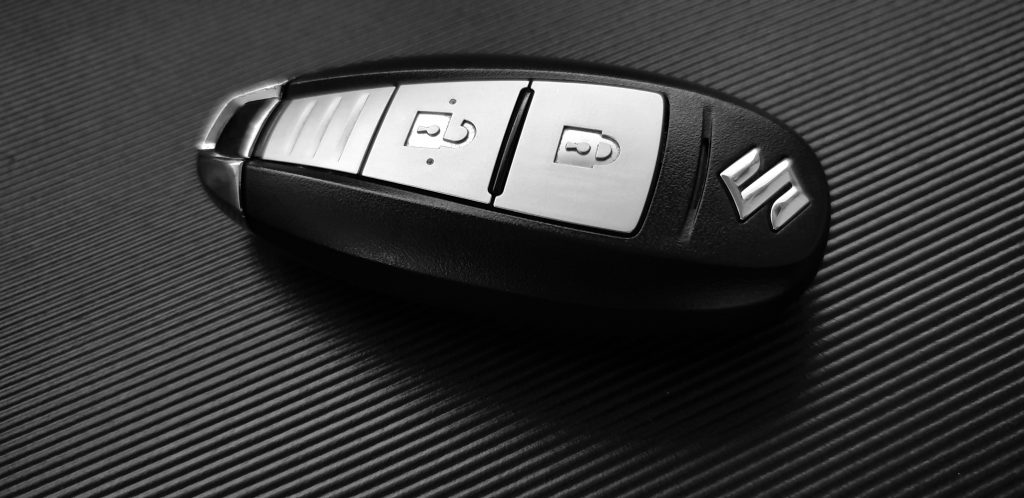1. The shop has the right certifications.
Look for blue-and-white ASE emblems; this indicates that the technicians have passed tests and been certified by the National Institute for Automotive Service Excellence.
2. The shop has a clean rap sheet.
The Better Business Bureau (bbb.org) can show you how long the shop or dealership has been in business, how many complaints have been resolved lately and its BBB rating. Be wary, though, of online user ratings. You can also check out reviews on Yelp, and Google. I would stay away from other sites, because of the questionable quality of the reviews posted there.
3. The shop shows pride in its appearance.
You can overlook some messiness; it’s not a restaurant. But beware of constant untidiness. “Overall sloppiness throughout the shop and the place of business might reflect a lack of attention to detail.
4. The shop’s technicians communicate well.
Be sure that they can tell you what’s wrong, how it will be fixed and what it will probably cost — in language that you understand. A good mechanic should lay out for you what work is immediate and necessary, and what can be held off until you have more money. In my experience, when you are presented with an estimate showing a long list of items they will replace, they are probably trying to scam.
5. The shop has a clear warranty policy.
Rather than relying on personalities and relationships, focus on the written warranty that the shop offers on repairs, as well as its track record on making good on its legal commitment. A shop with a strong, clear warranty policy adds confidence that they will do it right the first time. And should things go wrong, which can happen, the customer knows that it will be made right.
6. The shop looks out for you.
Be sure it gets automakers’ Technical Service Bulletins. A TSB provides an automaker’s approved way of fixing a growing or common problem — such as rough shifting or a leaking transmission — that doesn’t qualify for a recall. Work that’s related to a TSB while your car’s still under warranty should be free, so be sure to ask.
7. The shop fits into your life.
Don’t overlook convenience. Is the shop nearby? Will it give you a ride home after you drop off your car? Pick you up when it’s ready? Is there a secure place to leave your keys if you want to drop off the car the night before instead of early in the morning? These are all legitimate criteria and appropriate to ask about.
Finally, don’t forget that you have the right to repair your auto at any shop of your choice. An insurance carrier can not oblige you to choose the shop they approved. They can however offer additional perks, such as lower or no deductible if you repair it in their preferred place, but your word should be final.
